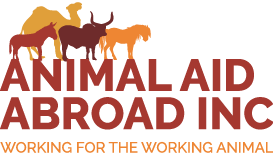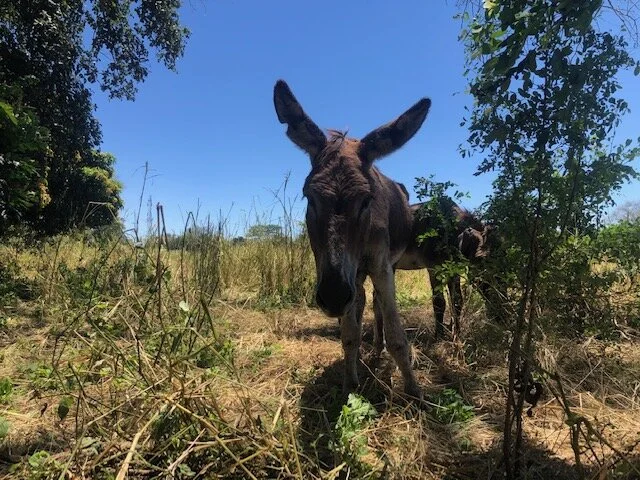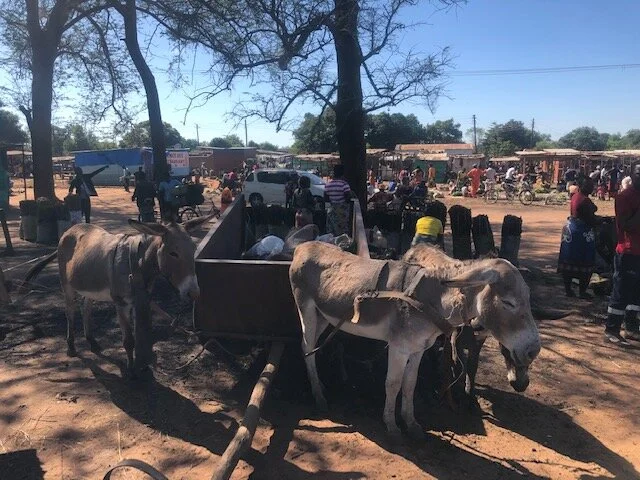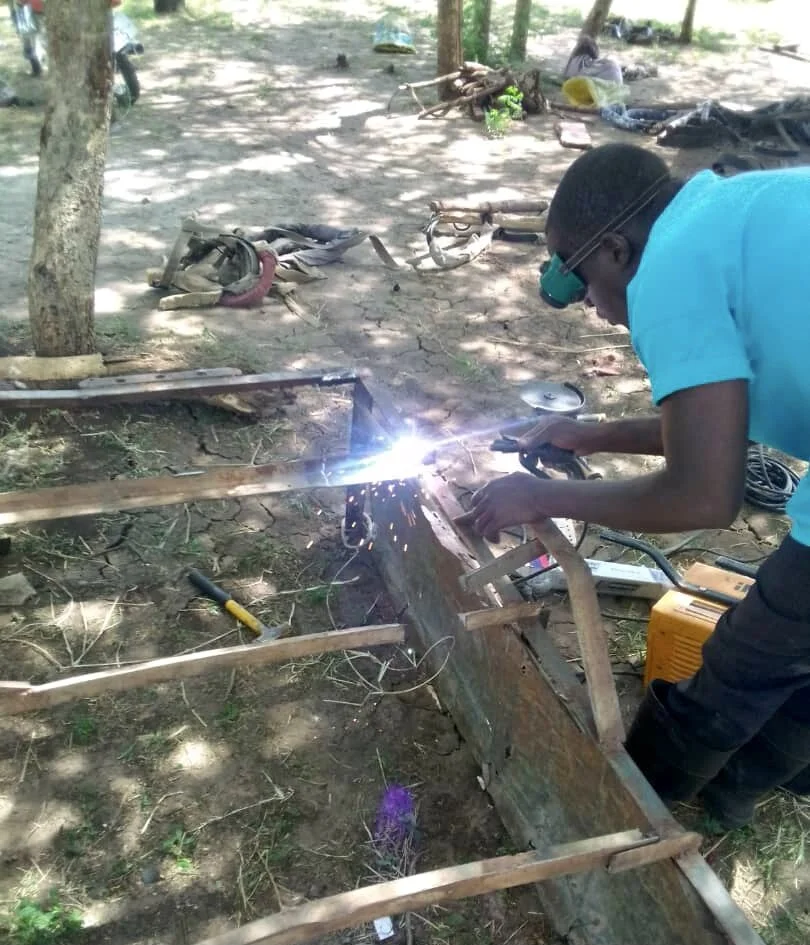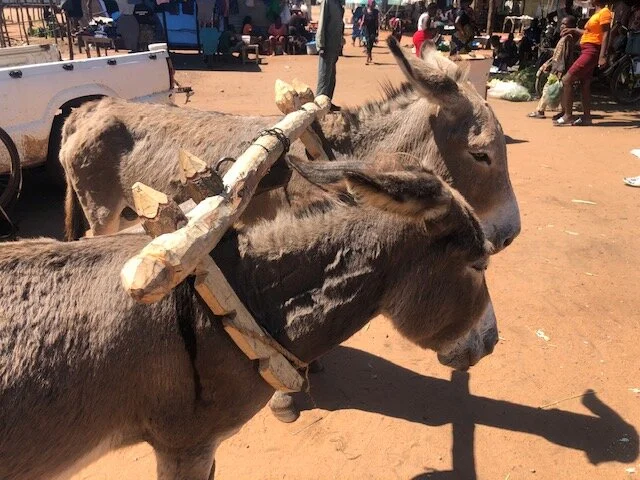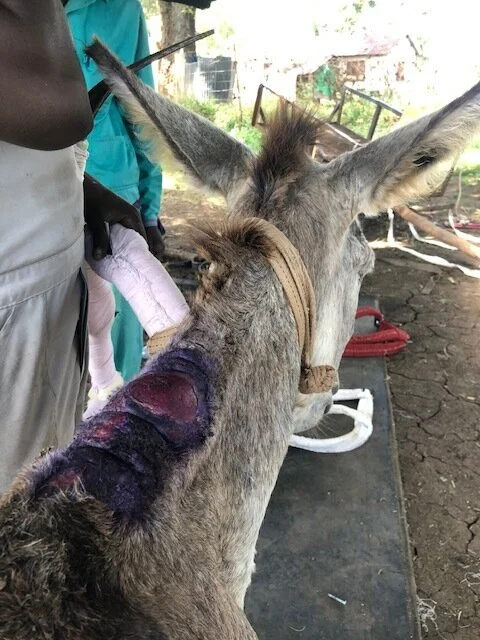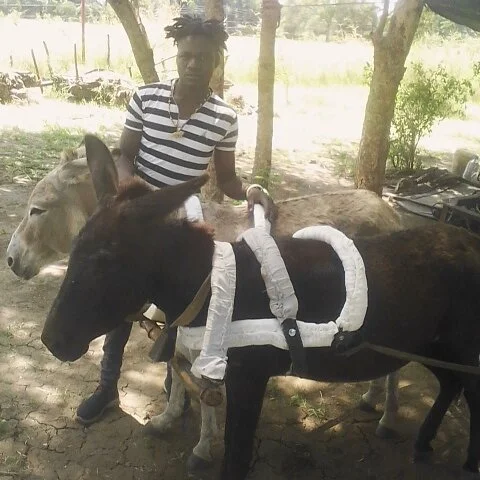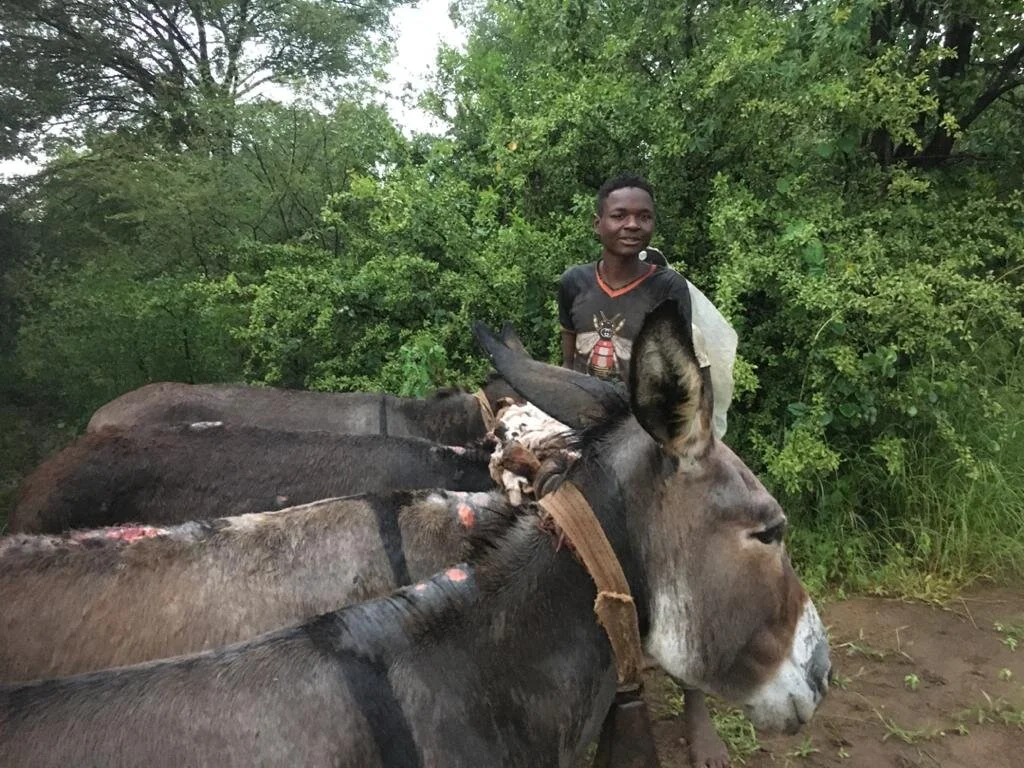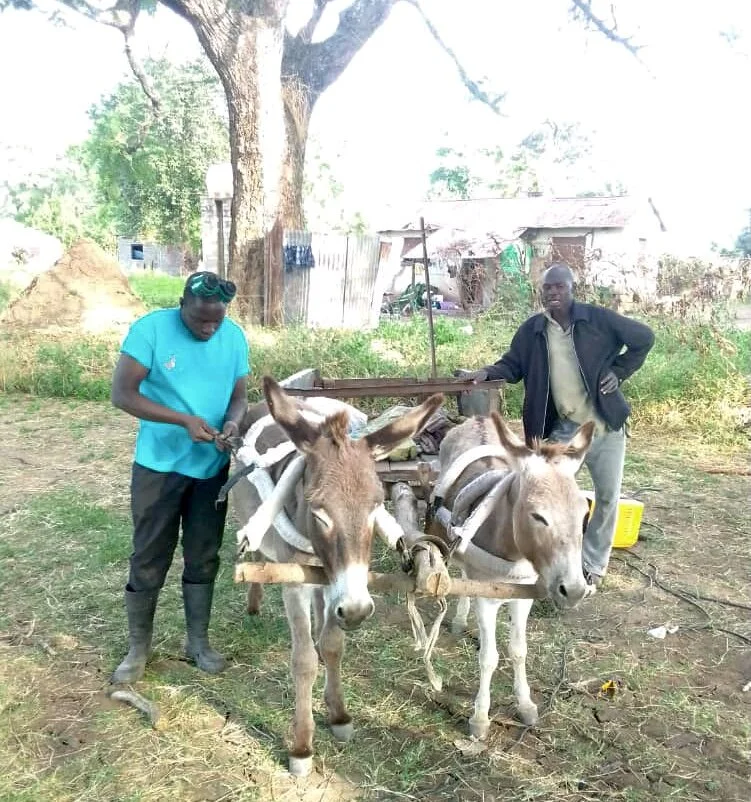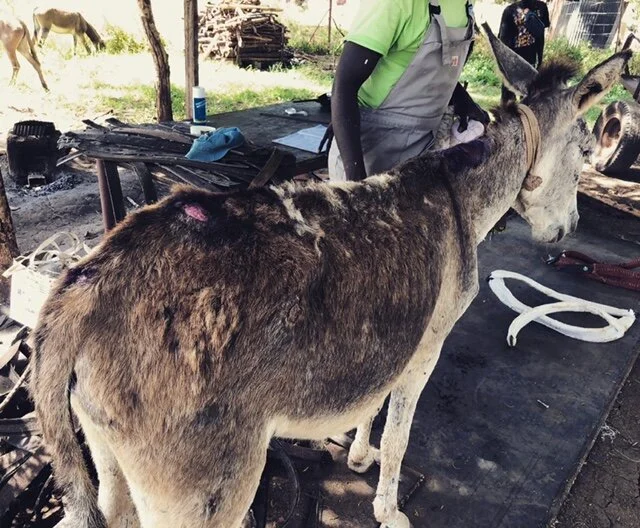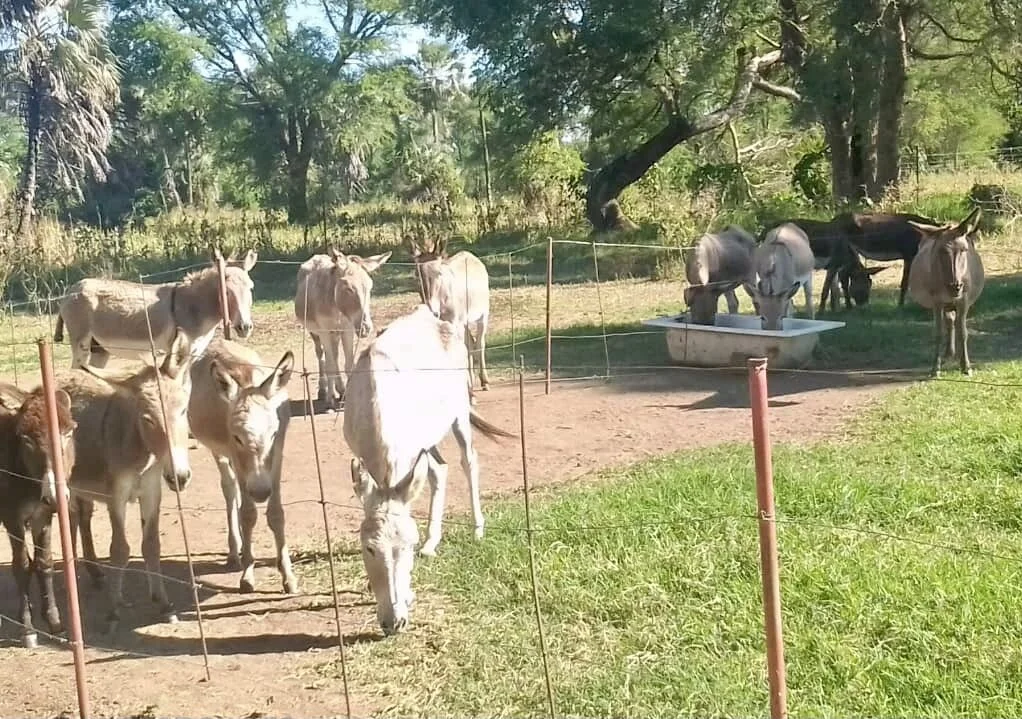Growing Need to Assist Donkeys in Zambia
Our partner group in Zambia, the Zambezi Working Donkey Project (ZWDP), have been particularly busy during the first quarter of 2021. Despite seasonal rains and ongoing challenges posed by COVID-19, ZWDP are doing everything possible to improve the lives of working donkeys in Zambia.
The last 12 months have been especially difficult due to the devastating consequences of COVID-19 on communities and animals who rely on the assistance of NGOs. However, consistent support from Animal Aid Abroad has allowed ZWDP to still achieve a great deal over the past year.
ZWDP visit markets regularly to reach working donkeys whose owners may not otherwise bring them to an organised event. The team have worked hard to educate donkey owners and find ways to align animal welfare with the practical realities of daily life.
Since commencing their mobile clinics two years ago, ZWDP have:
* Undertaken 28 community mobile clinics and numerous market visits
* Conducted home visits, welfare checks and provided treatment for 904 donkeys!
* Assisted donkeys from their workshop and rescue centre based at Maramba Farm
* Engaged with and educated 295 owners and over 2000 community members
* Provided 430 humane harnesses and adapted 215 scotch carts
Recently, ZWDP have noticed improvements in donkey welfare during their market clinics and have realised their projects are indeed having a positive impact. When they first began, the team saw only heavy wooden ox-yokes in use. The general condition of working donkeys and the scale of injuries and open wounds was horrendous. During more recent clinics, however, the team have found that nearly eighty percent of carts now have humane harnesses in place. Donkey owners originally received these from ZWDP or, in some cases, even made kinder harnesses themselves!
Whilst the team do still come across ox-yokes, which they are quick to replace, they are now planning to direct their efforts towards education. Unfortunately, donkeys still haul loads of vegetables, firewood and charcoal from villages up to 40km away and are often left to stand in the sun all day without food or water, before making the gruelling journey home again with another load of goods from town. Teaching people about the importance of padded harnesses, loading carts correctly and ensuring their donkeys get enough rest, food and water will be the focus in the coming months.
Due to growing interest in their work and a Community Livestock Officer training program, ZWDP now have a greater presence in the community. This means they are receiving more calls regarding sick or injured donkeys, allowing staff to respond quickly in an emergency and giving the animals a greater chance of recovery.
To date, ZWDP have rescued 32 donkeys in serious need, who have been brought to their centre at Maramba Farm for treatment or retirement. These donkeys have either been surrendered by their owners or confiscated with the aid of local authorities. The destiny of rescued donkeys is mixed at present. Some are returned to their owners (once they have been educated and the team are satisfied the donkeys will not suffer further), others are adopted by families and will never have to work again and some donkeys remain in the care of ZWDP. Fourteen lucky donkeys are now permanent residents at the ZWDP sanctuary, including four orphaned foals.
ZWDP’s current priority is to expand their rescue centre, so they will have the capacity to rescue and rehome ANY donkeys in need. They are continuously improving the space for their rescued donkeys to ensure they have a comfortable and suitable place to live. However, they are in need of more appropriate facilities for donkeys requiring specialised attention, such as a sterile treatment area and quarantine paddocks for new arrivals.
Sadly, the number of working donkeys in Zambia continues to increase, as they are widely viewed as a ‘cheap’ and more disposable alternative to oxen. Donkeys are still used and abused until they can go on no more, then they are traded as meat or skins in exchange for able-bodied animals. Thus, the need for ZWDP’s work is only growing and becoming more crucial than ever...
Thanks to our generous AAA donors, who enable us to support ZWDP’s wonderful projects for working donkeys in Zambia.
